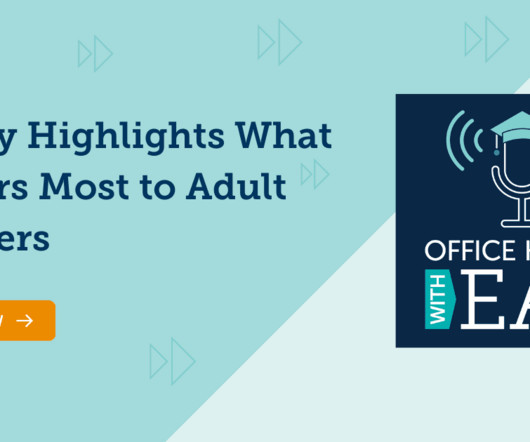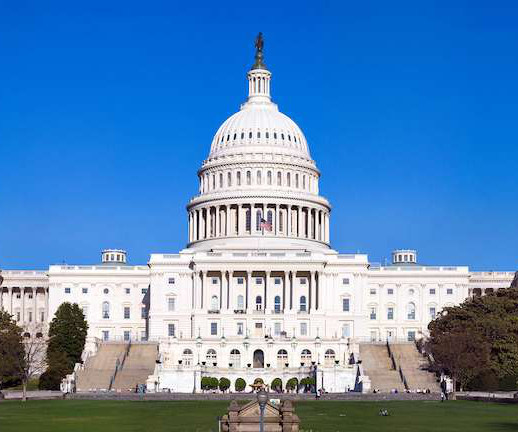How can colleges adapt their financial aid offices for prison education programs? - Laura Spitalniak, Higher Ed Dive
Ray Schroeder
JANUARY 12, 2023
Colleges interested in providing prison education programs need to adapt their financial aid practices to best serve incarcerated students, according to a new report from the National Association of Student Financial Aid Administrators.












Let's personalize your content